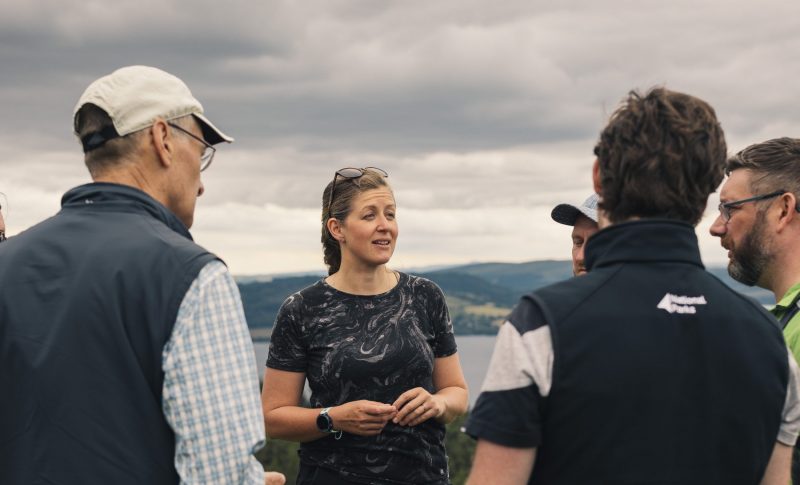Idleness is a Virtue
This week’s guest post is by John Peter Wilson.

Did you ever find yourself daydreaming at school only to be brought harshly back to reality by the sharp tones of the teacher? It probably followed that you then felt guilty for not paying attention to what was happening in the classroom. It seems that we live in a culture where letting our minds wander is considered a bad thing and we are encouraged to keep our minds always focused.
Yet, daydreaming doesn’t just happen when we are young. Have you ever found yourself staring into the distance and realised that for the past five minutes or so you have been lost in a dream world thinking about something which is really close to your heart? What took you there? Why did you fall into this reverie when you should have been thinking about something else or doing something more urgent? The short answer is that your deep inner feelings surfaced and drew your attention to things which were important to you. Brain imaging technologies show that our brains become highly active when we relax and daydream.
Too often, when we catch our mind wandering we hurriedly close the door on those positive thoughts and return to the immediate needs of everyday existence. But are we allowing ordinary mundane concerns distract us from a deeper and more meaningful life in which we can achieve so much more than we are presently doing? If the answer is, ‘Yes’, then we should listen more carefully to the dreams and then figure out a way of actually achieving them.
“Yet it is in our idleness, in our dreams, that the submerged truth sometimes comes to the top.”
Virginia Woolf (1882-1941) author
Dreams can be achieved and there is much evidence that some of the most influential discoveries and achievements known to humankind began with a dream. Perhaps the achievement originally began as the faintest notion of an idea which slowly grew and was eventually brought to fruition.
But there is a difference between those people who dream and are successful, and those who merely fantasise. Those who remain within a fantasy and never practically try to reach their ambitions are mostly deluding themselves and living in a never-never-land. But, and it is a big BUT, dreaming is a very important part of the process for reaching our desires and objectives. So we should not feel guilty about letting our minds wander to the things which are important to us. Sit back and enjoy the virtual journey around your dream world and then make it come true.
John Peter Wilson, is an academic and author. His most recent book is the inspirational ‘Dream: Your Life, Your Future’. www.dreamfutures.eu.



